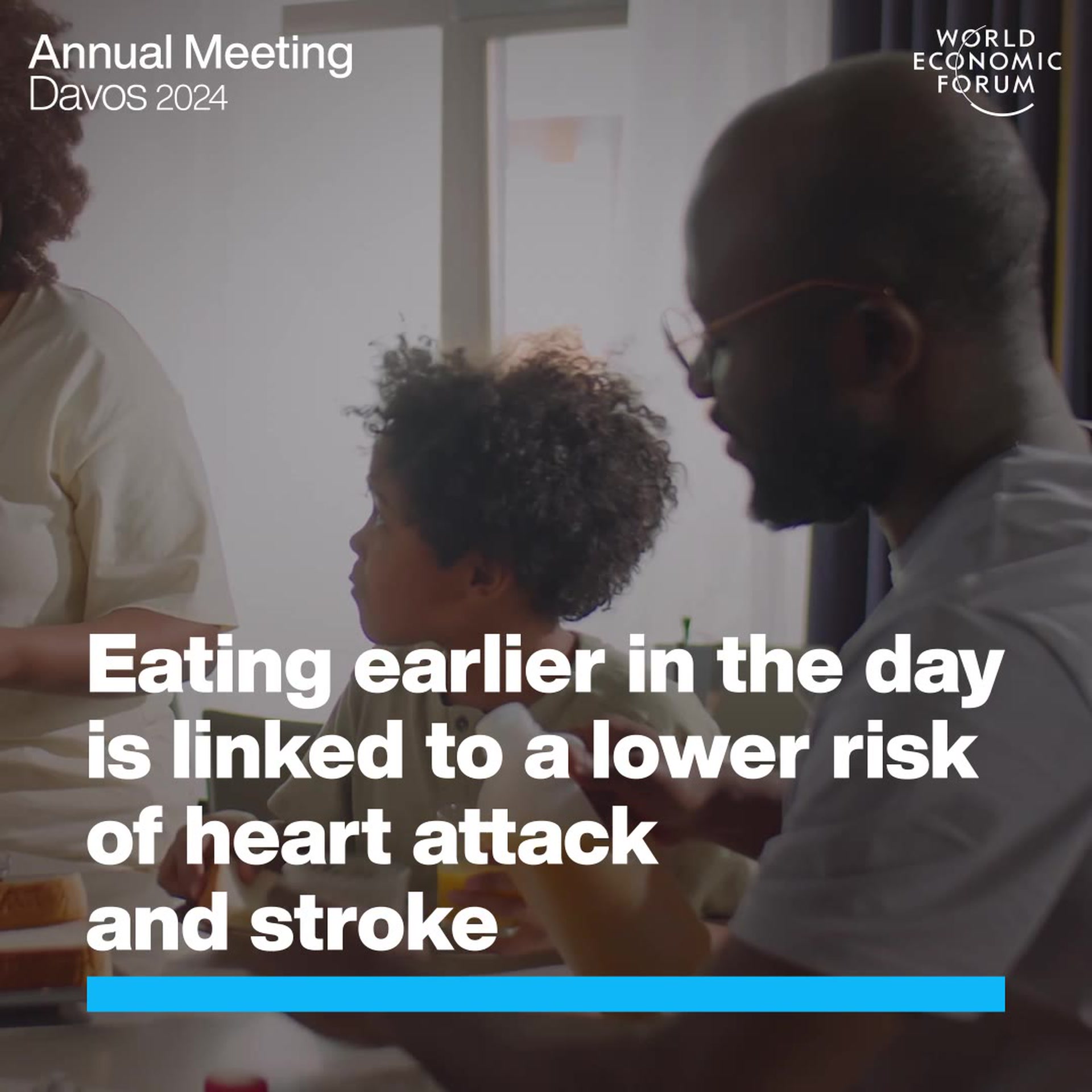3 reasons why thought leadership matters


Get involved with our crowdsourced digital platform to deliver impact at scale
Stay up to date:
Behavioural Sciences
This article is published in collaboration with SAP Community Network.
Thought leadership has been at the forefront of digital transformation and continues to expand the idea revolution that started with the invention ofGutenberg’s printing press. It has become a key driver for innovation and creating new opportunities as ideas are shared and distributed beyond traditional sources and across social platforms that were unimaginable a decade ago.
The term “thought leadership” means different things to different people. It is used and practiced both in personal and professional spaces. Some take place on large stages; others unfold in small corners that are hidden from the limelight. But no matter the size or shape, they all share a common DNA. In its simplest form, it creates an opportunity to become a trusted source on topics we are passionate about by delivering different perspectives on all questions—new and old.
As the name suggests, it requires two things:
- Thought. Ask every possible question and ignite the critical-thinking process, which is a prerequisite for asking the right questions.
- Leadership. Write with passion as an informed opinion leader to become the go-to-person in an area of interest or expertise.
Thought leadership is a pursuit that is more about growth, innovation, and creating opportunities. It starts when an idea is kindled, and it doesn’t stop when the fruits of that idea is delivered.
Thought leadership is about growth
When we set out to develop a perspective, the process gives us a chance to experiment freely with different ideas while escaping the disciplined and demanding rigor that may be otherwise required in certain roles, functions, and disciplines. Neither the process nor growth happens in random circles with loose ends. For those who follow and stay committed, the process of molding these ideas can sometimes be as intense and focused as the development of new products and services.
Thought leadership helps us grow not only as an individual, but also as an organization to learn more about our purpose, which is a reflection of both our passions and imperfections. More important, it’s a journey that sheds light on our path–allowing us to seek what is yet to be discovered through our natural talent and creativity.
Thought leadership is about curiosity and innovation
How do we innovate with thought leadership? If innovation is how we create new things, whether they are completely new solutions or improvements over existing ones, then thought leadership is the spark that recoils the energy needed to deliver these ideas and harness unrealized value.
I often talk about curiosity to achieve this forward-thinking motion because neither innovation nor thought leadership can endure without it. I see it as a gift that we’re given as a child to explore what surrounds us and risk losing as we get older. We innovate because we are not satisfied with the status quo. In the same vein, thought leadership is about a keen desire to extend accepted models of thinking to amplify new and existing opportunities.
Thought leadership doesn’t happen in a vacuum
Thought leadership is neither a magic formula nor one that can be rushed or done in a vacuum. One of the main ingredients is a relationship—albeit virtual in many cases—that is built (sometimes from scratch) between thought leaders, organizations, and their audiences. This invisible process by its nature takes time. And to use an analogy from cooking: Cranking up the heat doesn’t necessarily reduce cooking time.
Consistent delivery of quality content that engages our audiences begins the process of building trust—a crucial component of this journey. Topics and ideas that are explored in these thought leadership pieces echo the core values of those, who harvest these ideas. Each piece we present serves as a building block that will later become the foundation from which we will all lead.
Why thought leadership matters
Generating excitement about topics that are relevant and timely—not just in one business, industry, or niche, but across the entire ecosystem—provides inspiration and intellectual stimulation to get the process started.
Finding viewpoints and relating them to real-life stories with a new angle—even if they represent a small window for discussion or engagement—gives birth to new opportunities never-before imagined.
Thought leadership matters because stretching old ideas beyond their traditional boundaries creates new perspectives. More important, it can serve as a foundation for others to expand and innovate, inspiring conversations that would have been otherwise lost or never started.
Publication does not imply endorsement of views by the World Economic Forum.
To keep up with the Agenda subscribe to our weekly newsletter.
Author: Kaan Turnali is global senior director of Enterprise Analytics.
Image: A businessman walks on the esplanade of La Defense, in the financial and business district in La Defense. REUTERS/Gonzalo Fuentes.
Don't miss any update on this topic
Create a free account and access your personalized content collection with our latest publications and analyses.
License and Republishing
World Economic Forum articles may be republished in accordance with the Creative Commons Attribution-NonCommercial-NoDerivatives 4.0 International Public License, and in accordance with our Terms of Use.
The views expressed in this article are those of the author alone and not the World Economic Forum.
The Agenda Weekly
A weekly update of the most important issues driving the global agenda
You can unsubscribe at any time using the link in our emails. For more details, review our privacy policy.
More on Behavioural SciencesSee all
Peter Dizikes
November 27, 2023
Aaron De Smet and Patrick Simon
September 25, 2023
Kate Whiting and Kateryna Gordiychuk
September 6, 2023







